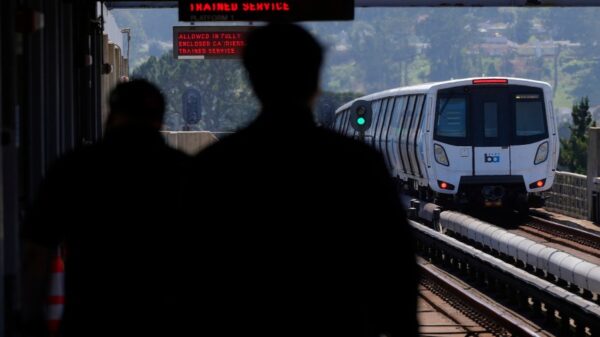Hampton Roads faces significant challenges stemming from its fragmented governance structure, which comprises 18 separate local governments. In a recent guest column published on April 13, 2023, Dr. William Donaldson, a professor of finance and management at Christopher Newport University, emphasized that this division not only hampers effective decision-making but also reflects a deeper issue: a prevailing mindset that prioritizes competition over collaboration.
According to Dr. Donaldson, the region’s leaders often operate under an outdated framework characterized by scarcity, fear, and turf protection. He argues that this mindset fosters a culture that is not only inefficient but also self-defeating. For instance, he recalls the notion that if one city secures a project, another must be left behind. This zero-sum thinking inhibits collective growth and undermines regional development.
Dr. Donaldson references the insights of Stephen Covey, who highlighted the dangers of a “scarcity mentality.” He notes that this mindset manifests in local governments competing for the same businesses, offering tax incentives that ultimately harm the region’s overall attractiveness. Instead of collaborating to create a unified vision, cities often find themselves undermining each other’s efforts.
The contrast is stark when viewed alongside cities like Austin, Charlotte, and Raleigh, which have embraced a mindset of abundance. In these thriving areas, leaders focus on enhancing their collective appeal to employers and fostering a cohesive regional identity. Dr. Donaldson advocates for adopting this abundance mindset in Hampton Roads, emphasizing the potential for increased opportunities through collaboration.
In his analysis, Dr. Donaldson draws upon the work of psychologists like Carol Dweck, who distinguished between fixed and growth mindsets. He argues that many discussions in Hampton Roads reflect a fixed mentality, where change is resisted in favor of maintaining the status quo. Phrases such as “That’s not how we do things here” signify this reluctance to adapt.
Moreover, Dr. Donaldson discusses the distinction made by James P. Carse and Simon Sinek between finite and infinite games. Local governments often focus on immediate concerns, such as annual budgets or upcoming elections, failing to recognize that Hampton Roads is engaged in a broader, infinite game involving competition for talent, investment, and innovation. To succeed in this context, regional leaders must cultivate trust, share a common vision, and prioritize collaboration beyond city borders.
At the heart of the issue lies a fear of losing control. The concept of consolidation and regional governance may seem threatening to those who equate proximity with power. However, Dr. Donaldson asserts that true leadership involves expanding influence and achieving results that no single entity can accomplish alone.
The future of Hampton Roads depends on a shift from fragmentation to a unified approach. Dr. Donaldson calls for a transformation in thinking, urging leaders to move from a mindset of protection to one of possibility. He posits that if the region aspires to compete with top-performing areas, it must begin with a conversation about the kind of community it wishes to become.
In conclusion, Dr. Donaldson’s insights highlight the urgent need for Hampton Roads to reassess its approach to governance and collaboration. The region has the potential to thrive, but only if its leaders embrace a mindset that fosters cooperation, innovation, and growth. The conversation about the future of Hampton Roads has already begun; it is time for all stakeholders to engage and evolve.








































































